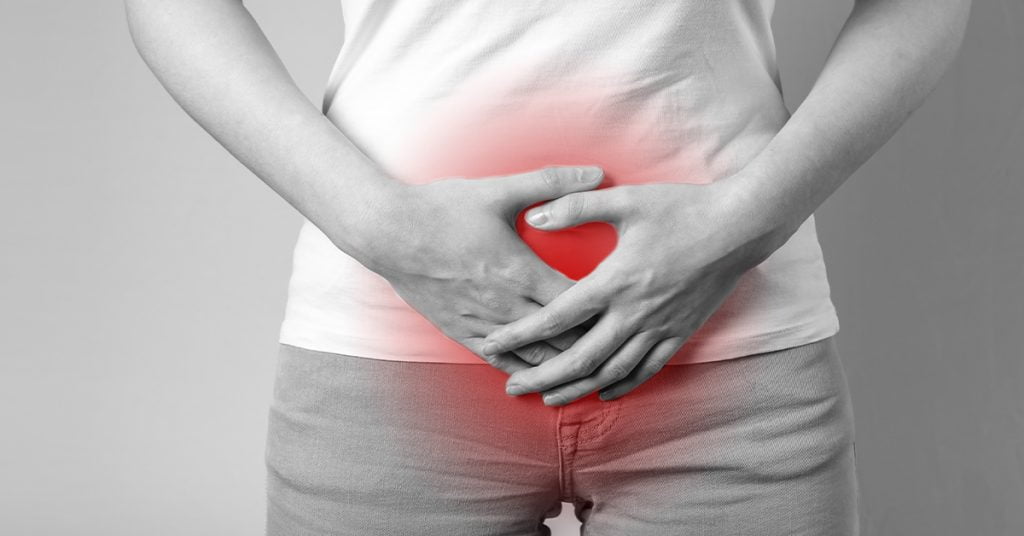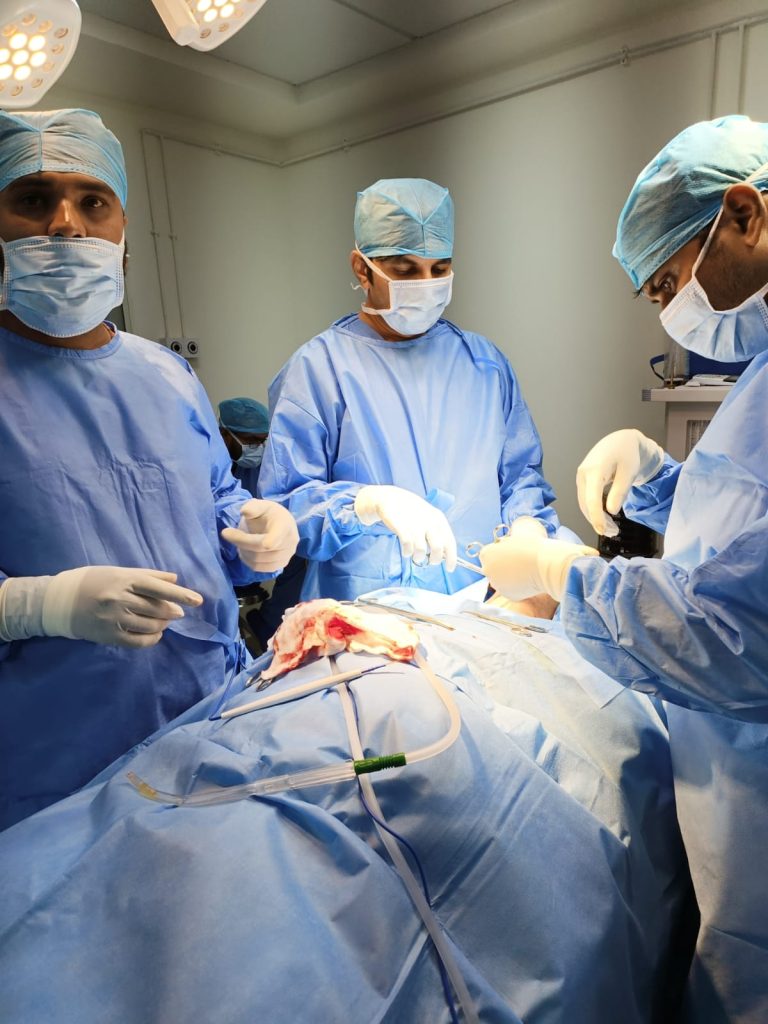Hernia Treatment in Bangalore
- Minimal Pain | No Stitches
- All Insurance Accepted
- No-Cost EMI

Book an Appointment .sticky-column{ position: sticky; position: -webkit-sticky; top: 3rem; }
Hernia
A hernia usually happens in your abdomen or groin, when one of
your organs pushes through the muscle or tissue that contains it. It may look like an odd bulge that comes and goes during different activities or in different positions. It may or may not cause symptoms, such as discomfort or pain.
Types
Inguinal hernia:
- Inguinal hernias are the most common type, accounting for 75% of all hernias. They mostly affect men or people assigned male at birth (AMAB). They happen when part of your bowel protrudes into your inguinal canal, a passageway that runs down your inner thigh.
Hiatal hernia:
- A hiatal hernia is another common type of hernia that you acquire during your lifetime. It happens when the opening in your diaphragm — where your esophagus passes through — widens, and the top of your stomach pushes up through the opening into your chest.
Incisional hernia:
- An incisional hernia occurs when tissue protrudes through a former incision in your abdominal wall that weakened over time. It’s a common side effect of abdominal surgery.
Umbilical hernia:
- An umbilical hernia occurs when part of your intestine pokes through an opening in your abdominal wall near your belly button. Most umbilical hernias are congenital (present from birth).
Ventral hernia:
- A ventral hernia is any hernia that occurs along the vertical midline of your abdomen. It includes umbilical hernias and many incisional hernias. An “epigastric hernia” is a ventral hernia above the belly button.

What are hernia symptoms?
- Not all hernias cause symptoms and different types of hernias may cause different symptoms. One telltale sign of a hernia is a visible lump or bulge that appears during certain activities or in certain physical positions and goes back in at other times. You may also feel pressure, a dull ache or pinching when the hernia comes out. It maycome out when you’re straining, lifting, laughing or coughing.
What is the treatment for a hernia?
Factors that may increase your risk of chronic constipation include:
- Most hernias will need surgical repair, but not necessarily right away. If you have a small or mild hernia that only comes out occasionally, your healthcare provider may take a wait-and-watch approach to see if it gets much worse. Hernias do tend to worsen over time, which is why providers recommend repairing them. With the exception of umbilical hernias in babies, they don’t go away on their own.
- Hernia repair surgery is common and generally a minor procedure unless there are complications. Your surgeon will push the herniated tissue back into place and reinforce the barrier it pushed through with stitches or with surgical mesh. Surgeons can often use minimally-invasive methods for a routine hernia repair, which means smaller incisions, less postoperative pain and a faster recovery.
- Laparoscopic surgery uses a laparoscope — a long, thin tube with a lighted camera on the end — to look inside the surgical site. The laparoscope goes in one small hole and long, thin surgical tools go through another.
What happens if a hernia is left untreated?
- A small hernia may never bother you much. But hernias do tend to grow bigger over time. The opening continues to weaken and stretch, and more tissue gradually pushes its way through. The more tissue pushes through, the more likely it is to become incarcerated, leading to pain and other complications
How serious is a hernia?
- Most aren’t serious, but they can be. They can also become more serious over time. A hernia becomes serious when it gets stuck in the hole that it’s pushed through and can’t go back in. This can become painful, and in severe cases can become cut off from blood supply, causing tissue death. Since hernias tend to worsen over time, most will need surgical repair sooner or later.

